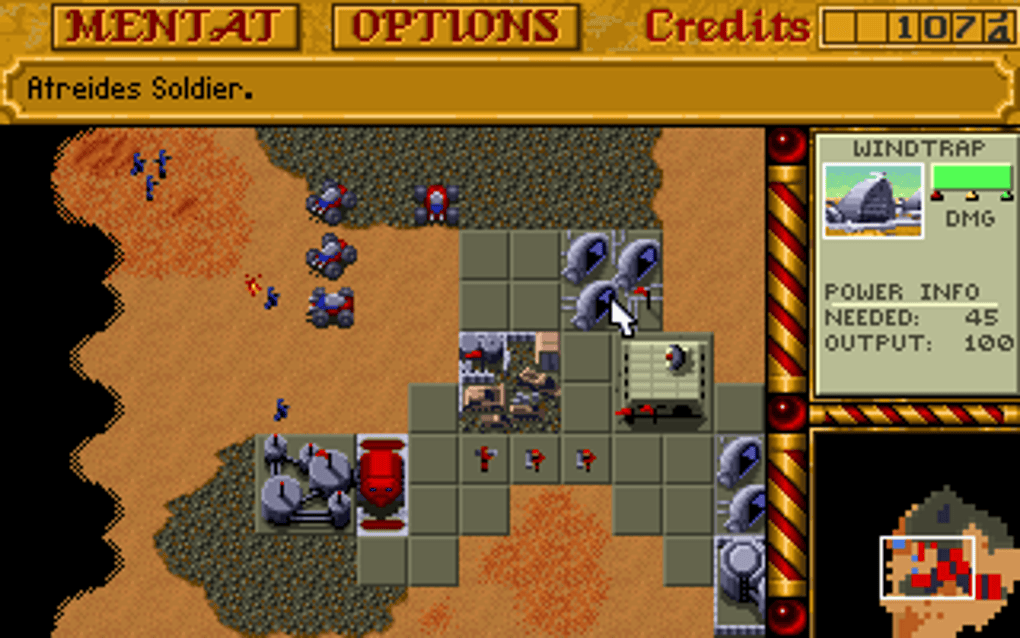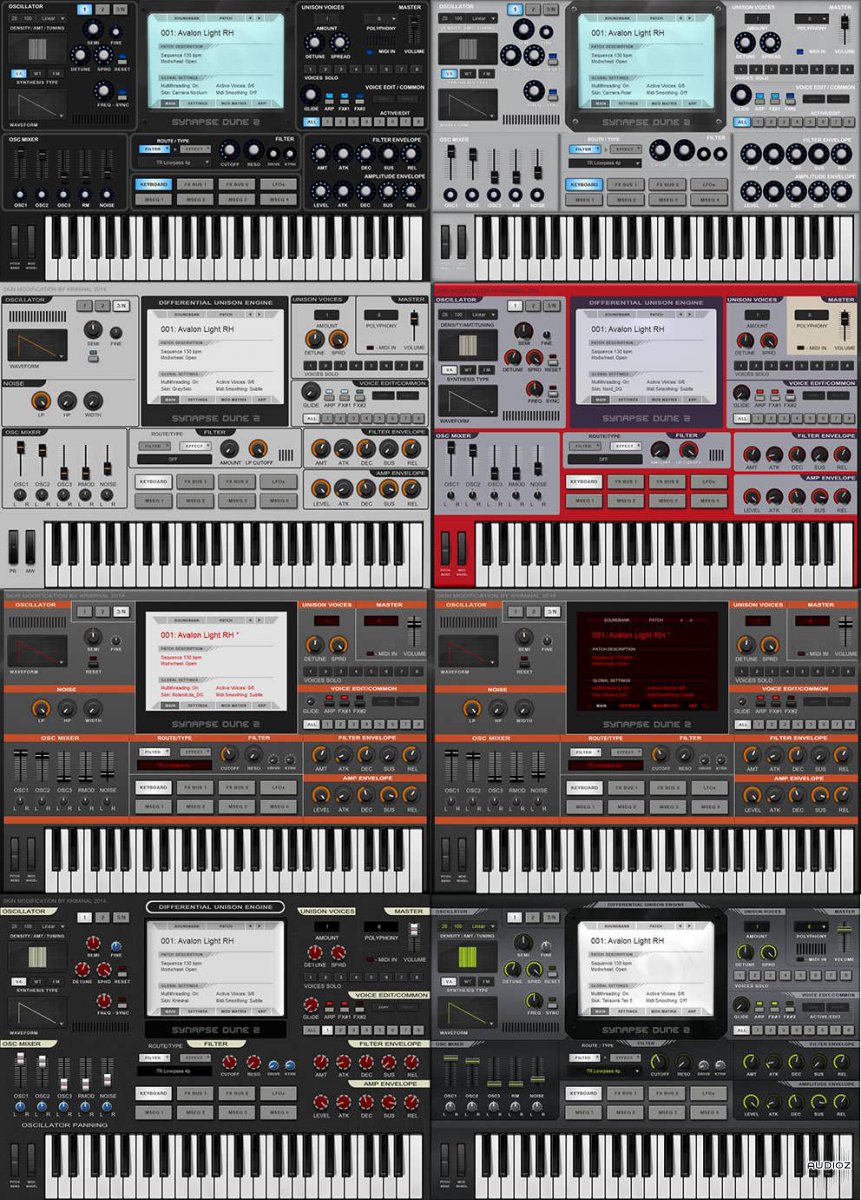
But beyond that, we can relate to Knievel's need to achieve transcendence at such a, shall we say, niche skill. A feat of motorcycling and physicality? Absolutely.

The example the radio interviewee gave was of Evel Knievel, the '70s daredevil who wore a cape and jumped dirt bikes over rows of buses. The two can be inseparable, like the gravitational pull between a gas giant and its moon-or Riggs and Murtaugh. The relatable can sometimes be reached only by going through the ridiculous. I once half-heard a radio interview with someone speculating that the then-current artistic moment was not "so bad it's good," and it wasn't "ironic" either-it was actually "awesome." (I didn't catch who he was, so if any of this sounds familiar, hit me up in the comments.) Art can speak to you while at the same time being absurd.

So which group am I in? Both. Am I about to describe Dune as "so bad it's good"? No, that's a loser take for cowards. Little did I know that this was kind of the ideal approach to Dune, which feels like a partially remembered dream that you have to piece together later. While I drifted in and out of consciousness, Matt provided color commentary about which characters would be cloned for 10,000 years and who would eventually be turned into a giant worm. Matt had read most of the 58,000 books in the series by scribe Frank Herbert and (later) Herbert's son, and he was eager to nerd out on the lore.

I saw roughly the last half again around 2001 or 2002 at my buddy Matt's apartment while late-night channel-surfing. But I was young and stupid then now I'm older and taller. MY HISTORY WITH DUNEI first saw Dune on VHS in junior high.


 0 kommentar(er)
0 kommentar(er)
